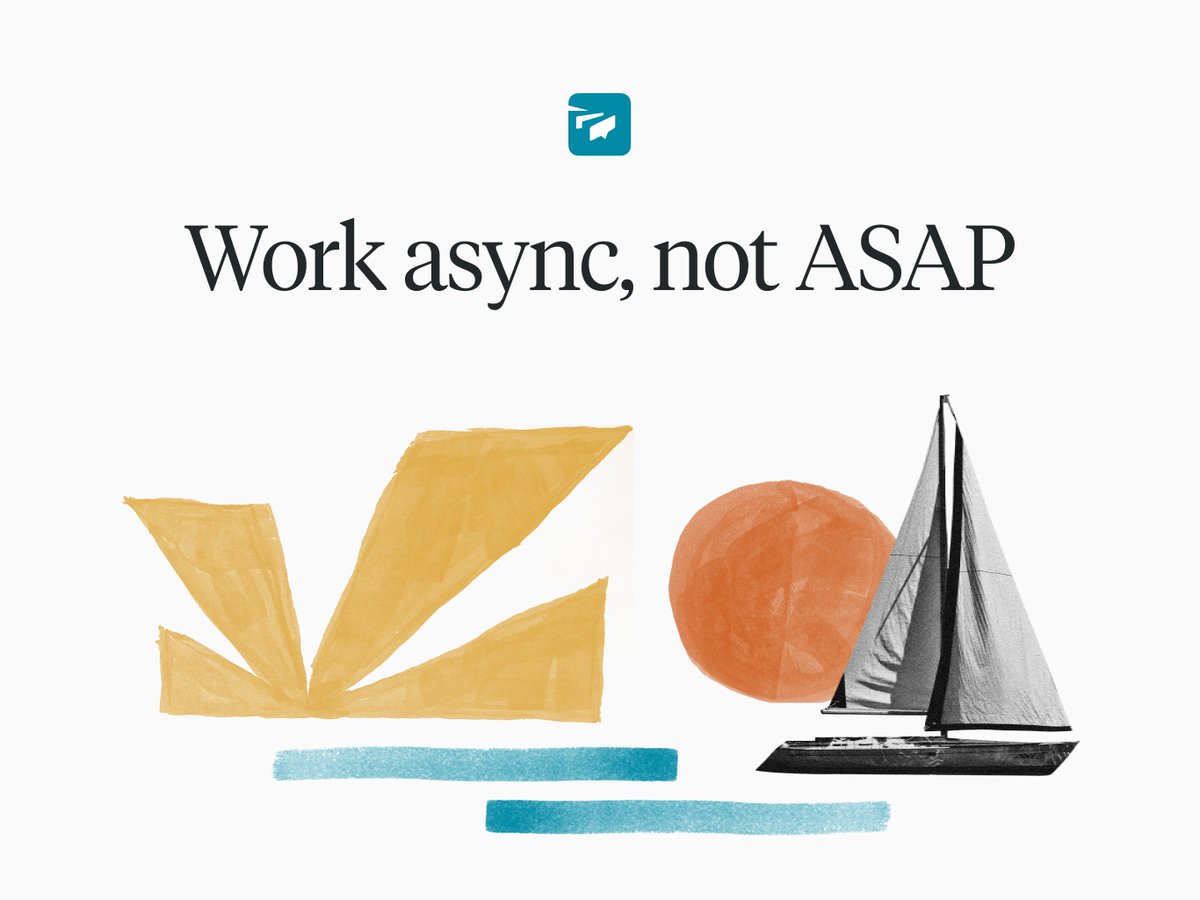
Founder/CEO of @Doist.
Born in Bosnia 🇧🇦, grew up in Denmark 🇩🇰, 3x dad 👦🏻👧🏼👶🏼
3 subscribers
How to get URL link on X (Twitter) App




 Learn Spanish:
Learn Spanish: 


 1/ The backstory: As a fully remote team, @doist used Slack in 2015. It was fun, but the honeymoon with real-time chat didn't last. We spanned 10 time zones and needed an async tool to work. So we built one, quit Slack cold turkey, and never looked back. blog.doist.com/betting-agains…
1/ The backstory: As a fully remote team, @doist used Slack in 2015. It was fun, but the honeymoon with real-time chat didn't last. We spanned 10 time zones and needed an async tool to work. So we built one, quit Slack cold turkey, and never looked back. blog.doist.com/betting-agains…
https://twitter.com/andreasklinger/status/11265713868923125781/ 💸 Retreats are expensive, most of ours have been $3000+ per employee. This cost is easily worth it, especially given that we don't spend anything on office leases.